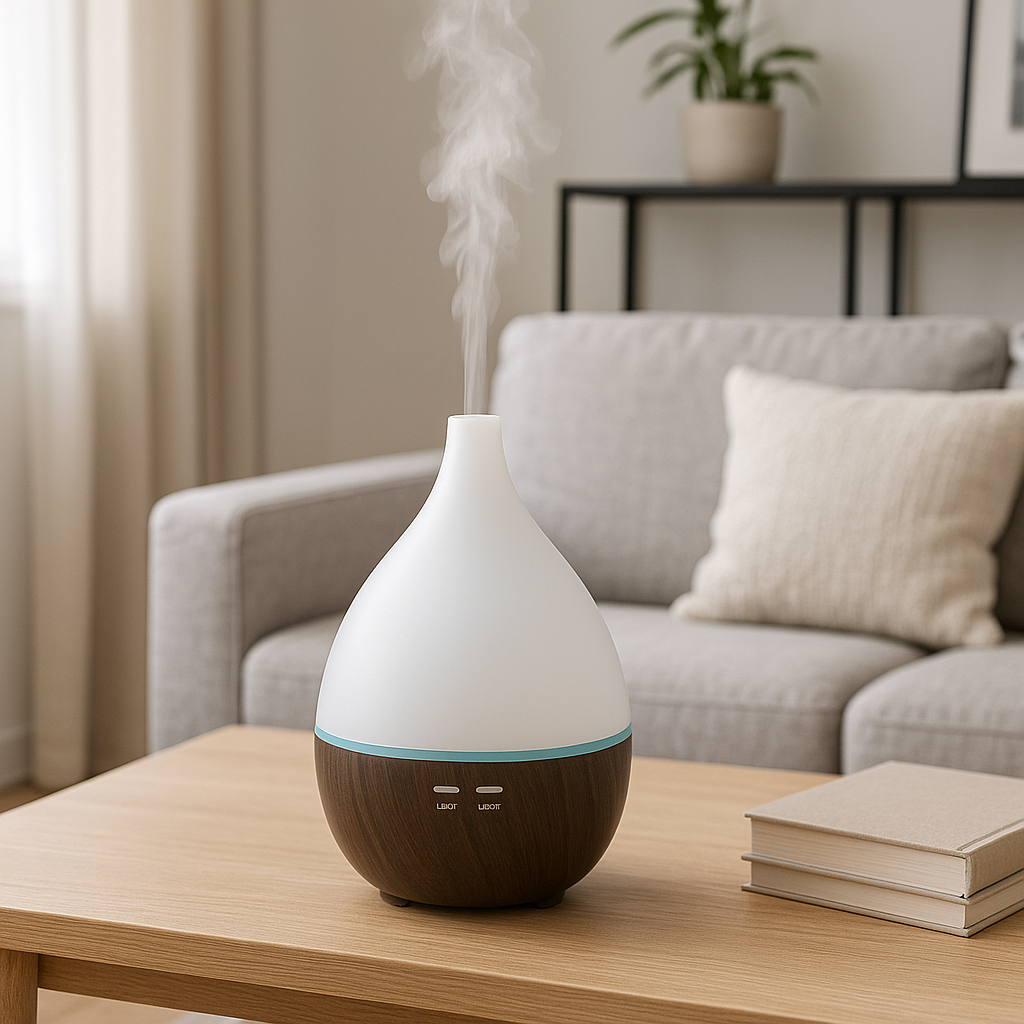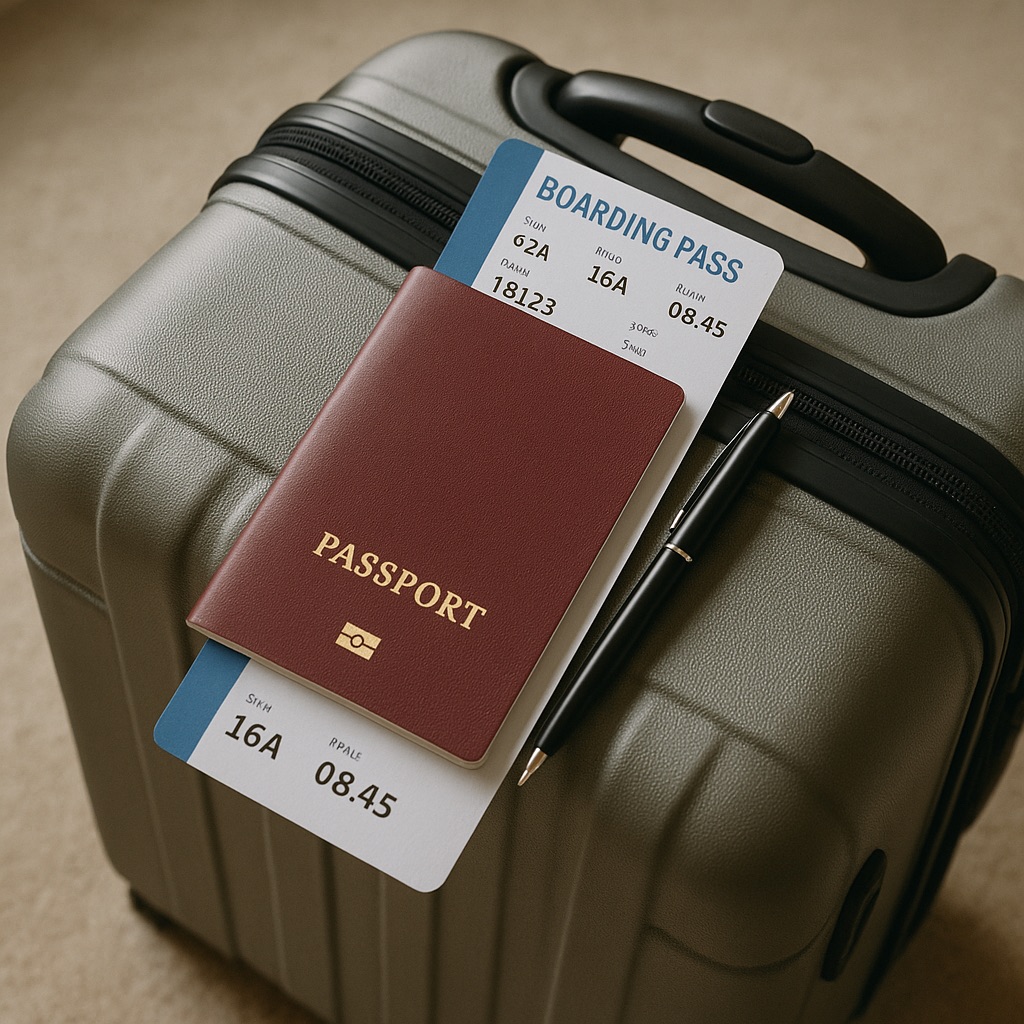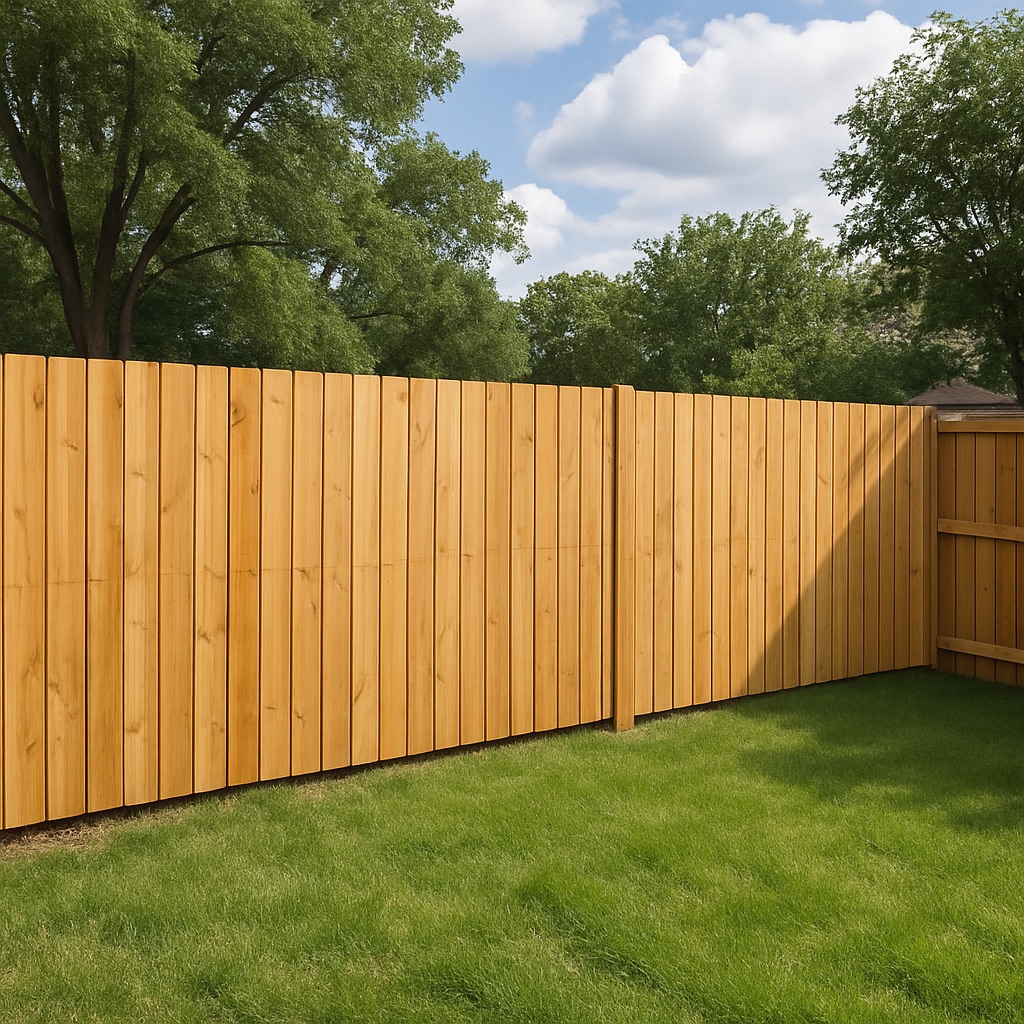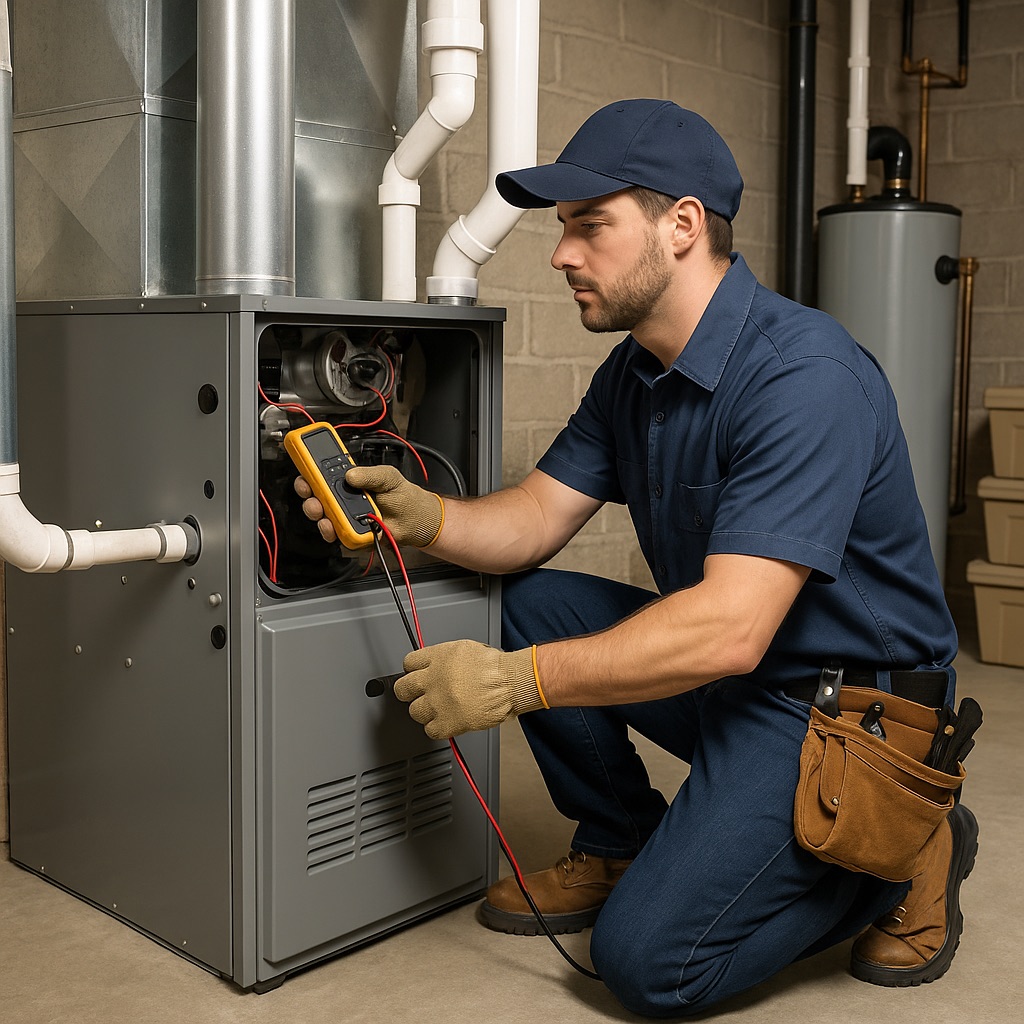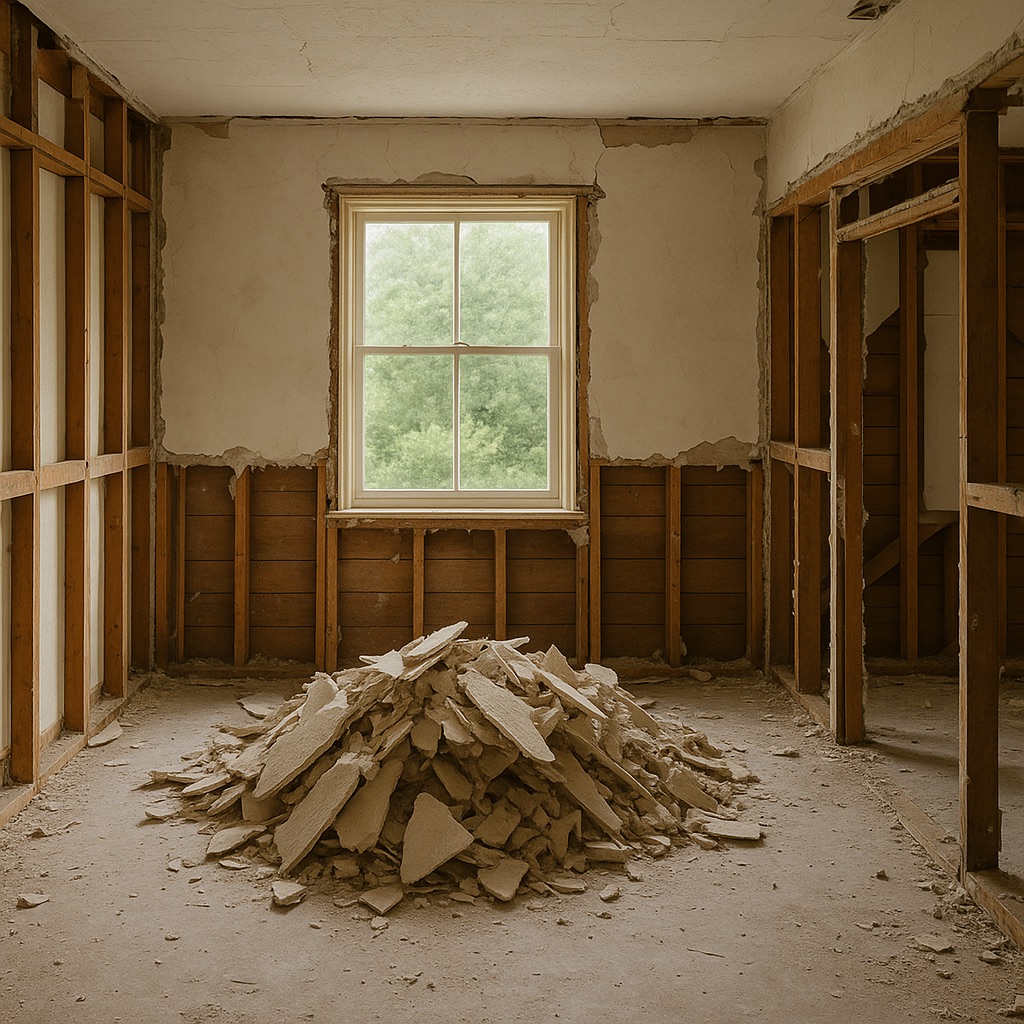Last updated on
Not all plumbers are created equal. Sure, most will show up on time, tighten a fitting, replace a tap, maybe even clear a drain. But the best ones? They see things the rest don’t. They check where others don’t think to look. It’s not just about fixing the obvious; it’s about spotting the stuff that could cause trouble down the track. Here’s what they pay attention to that often goes unnoticed.
Table of Contents
They don’t just fix leaks—they ask why they happened
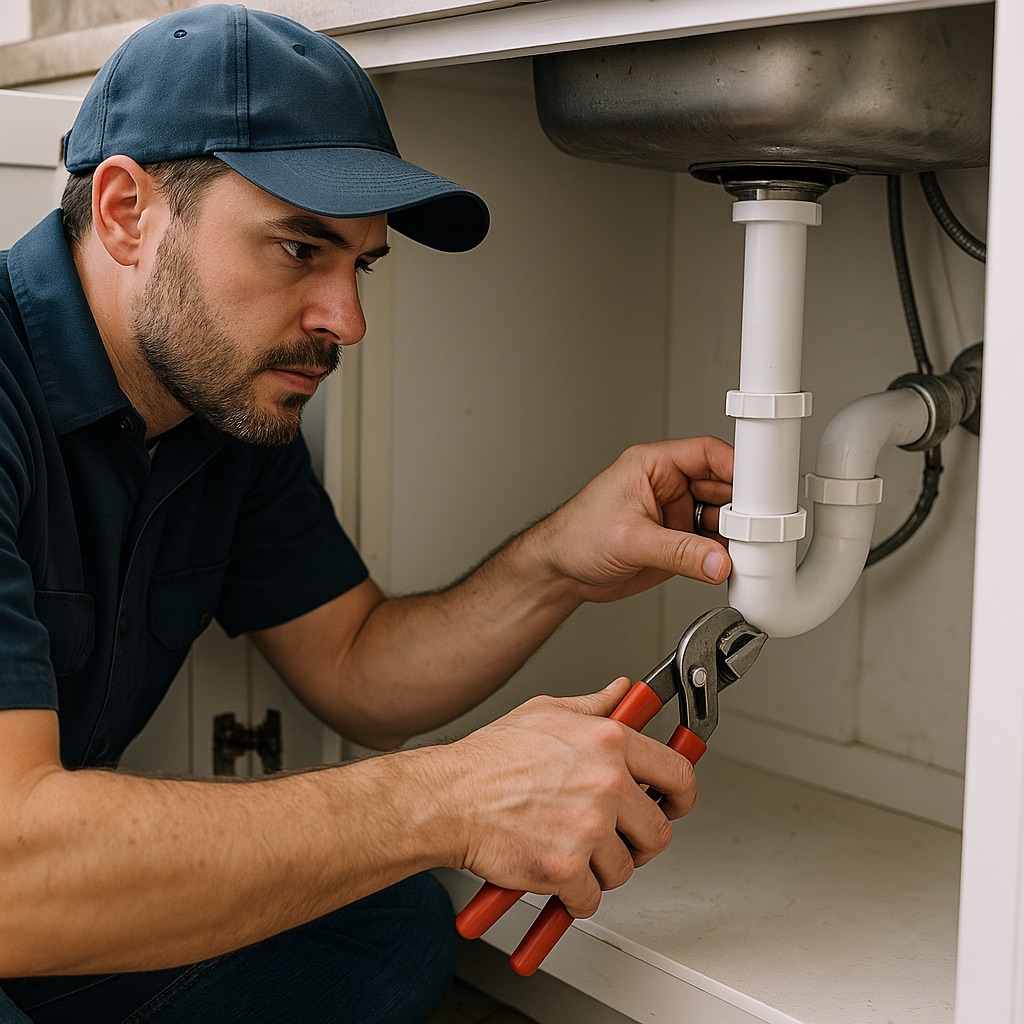
Anyone can patch up a leak. Silicone, new washers, a fresh bit of pipe…it’s easy enough. But the best plumbers Adelaide has to offer don’t stop there. They’ll look at what caused the leak in the first place. Was it poor water pressure? Old fittings? Movement in the walls? If they don’t get to the bottom of it, you’re likely to be calling someone back again soon.
And if they spot an issue waiting to happen? They’ll flag it. Even if it’s not urgent now, they’ll let you know what to watch out for, without pushing a hard sell.
They quietly check behind the scenes
The signs of plumbing issues aren’t always obvious. Some of the most damaging problems happen slowly, over time, out of sight. That’s why good plumbers don’t just stay where the leak is or where you point them; they scan the surrounding area too.
Sometimes that means feeling the wall near the shower, spotting a bit of soft plaster or a strange bubble in the paint. Other times, it’s crouching in the back of a vanity and running a hand along the pipework to check for condensation or slow drips. It’s subtle, but it matters.
They don’t ignore water pressure
Low water pressure might seem like an annoyance, but it can point to something more. Sediment in the pipes, corrosion, failing valves… it’s not always just a “weak flow.”
A thorough plumber will notice the signs. Maybe your hot water pressure is lower than the cold, or your upstairs tap struggles while everything else seems fine. Rather than brushing it off, they’ll look into it properly. They’ll also keep an eye out for signs of high pressure too, which can be just as damaging over time.
They test your shut-off valves
Most people don’t touch their water shut-offs until they need to. And when they finally do? They’re often jammed solid.
A lot of plumbers skip this part if they’re not replacing anything major. But a good one checks whether those valves still move freely. If they’re rusted, seized, or close to failure, they’ll tell you. Because in an emergency, those few seconds matter.
They look at the whole drainage setup
When there’s a blocked sink or a slow shower drain, it’s easy to just clear it and move on. But good plumbers take a step back. They think about the overall layout—how everything connects, whether there’s enough fall, and if there’s a pattern to what’s clogging.
If the same drain keeps playing up every few months, or you’ve got multiple slow fixtures in one area, they won’t just keep clearing it. They’ll ask what’s causing it to build up in the first place.
Sometimes it’s tree roots. Other times, it’s poor pipe design or a collapsed section underground. Either way, they’re not just there to fight symptoms; they’re trying to solve the whole problem.
They know which materials to be wary of
In older homes, you’ll find all sorts of plumbing materials—galvanised steel, old copper, even dodgy flexible hoses that have been slapped in over the years.
Great plumbers recognise the red flags. They know which types of pipe tend to burst, which joints fail under pressure, and where past repairs have likely been done on the cheap. They won’t necessarily recommend a whole replacement on the spot, but they will keep you in the loop about what’s ageing out and what to budget for in the future. It’s that forward-thinking approach that helps avoid disasters.
They don’t just care about what’s inside the house
Plumbing issues don’t stop at the front door. Outdoor areas often get overlooked, but they’re just as important, especially when it comes to stormwater. If there’s pooling after rain, or downpipes that aren’t draining properly, the best plumbers will notice. Even if you’ve called them for something unrelated, they’re thinking about how the whole system performs. They’ll check if water is draining away from your slab, not towards it. That’s something a rushed tradie won’t even glance at.
They ask more questions
The really sharp plumbers don’t just listen to what you say; they ask things you didn’t think of. Has the pressure changed recently? Do certain taps make a noise when you turn them on? When was the last time the hot water system was flushed?
They’re not just ticking a checklist. They’re collecting clues, piecing together how your system works, and figuring out how to keep it running properly.
They don’t treat plumbing like guesswork
There’s no “that should be right” attitude. A good plumber knows what they’re doing, and they’ll explain it to you in a way that actually makes sense. If something needs attention, they won’t hide behind jargon. They’ll show you what’s going wrong, explain your options, and tell you what can wait versus what can’t.
Worth their weight in spanners
It’s easy to think plumbing’s all about parts and tools. But the best plumbers bring something extra: an attention to detail, a sense of pride, and the kind of instincts that only come from experience. They don’t rush through the job. They think two steps ahead. They look beyond the immediate task and consider how the whole system works, where weaknesses might be hiding, and how to keep your home running smoothly, not just for now, but long-term.
